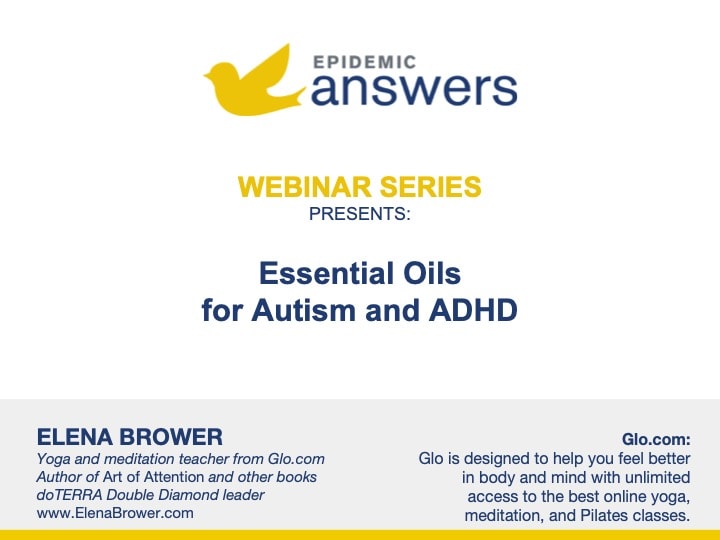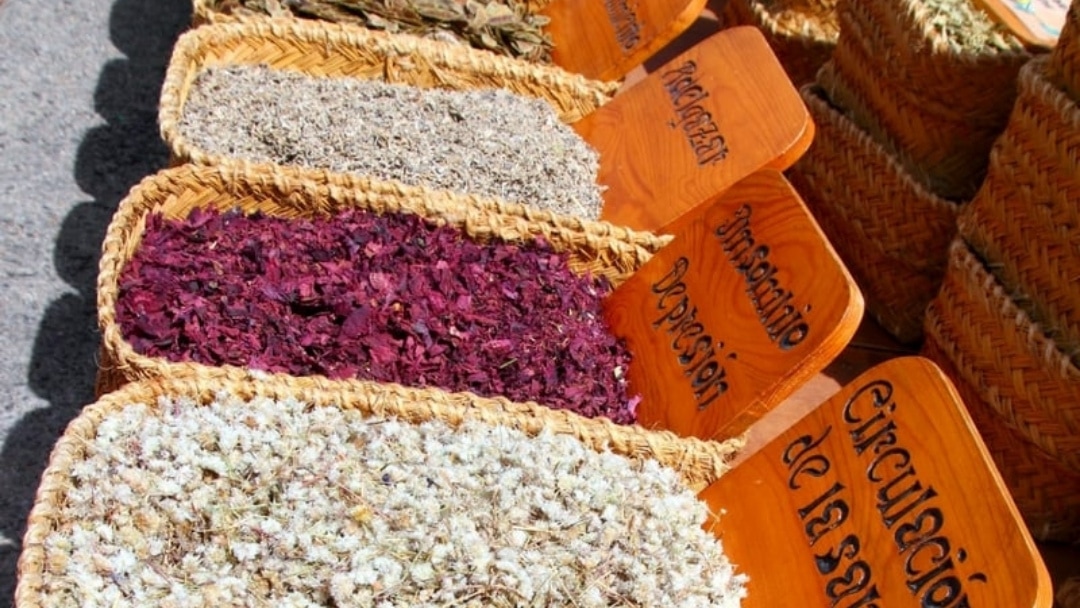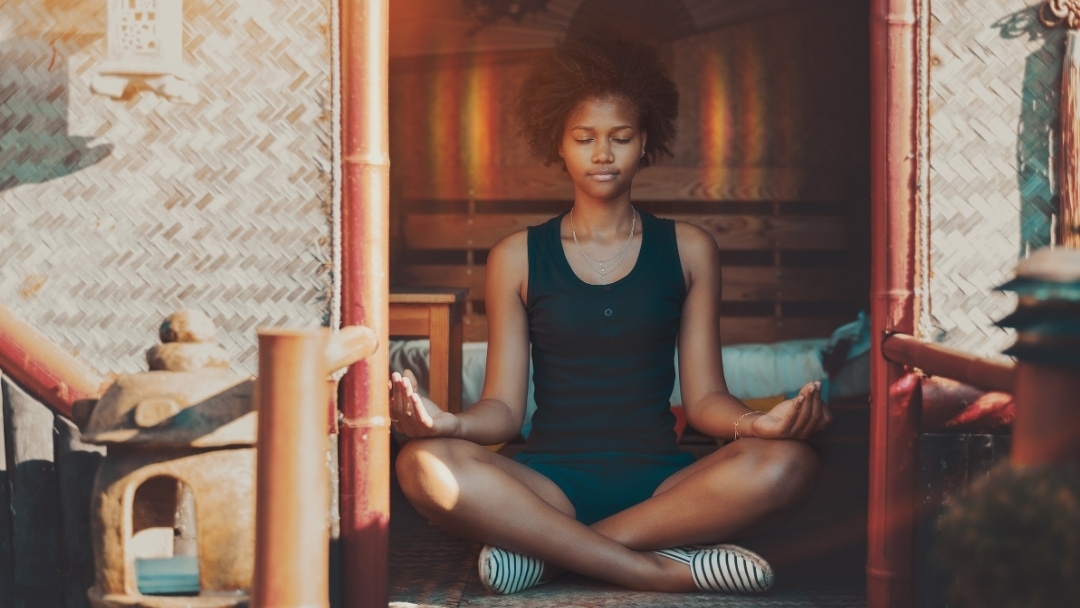What Are Essential Oils?
Essential oils are the “essence” or therapeutic value distilled from plants (seeds, bark, leaves, stems, roots, flowers, and fruit). As we’ve seen with homeopathy, herbs, and other natural care products and supplements, essential oils have gained popularity within the last few years for relieving symptoms of acute and chronic symptoms and illnesses.
What You May Have Heard About Essential Oils
A common myth is that essential oils are a “fad” and don’t do anything to help the body heal. On the contrary, the Egyptians get credit for being the first to use essential oils. Most ancient cultures have had some form of oils for perfume, healing, and even as currency.
There are numerous medical-research studies that demonstrate the effectiveness of essential oils for various health issues.
How Can They Help My Child?
Essential oils have numerous healing properties such as:
- Being antioxidant
- Being antimicrobial
- Being antiseptic
- Being anti-inflammatory
- Reducing anxiety and depression
- Improving focus and attention
- Supporting the nervous system and immune system
- Reducing bronchitis and asthma symptoms
- Supporting learning disorders
- Assisting with detox
Use Essential Oils with Your Practitioner’s Guidance
Essential oils can be used for a variety of issues. They can be diffused, inhaled or used on the skin, although “hot” oils such as oregano need to be diluted in a carrier oil. We encourage you to work with an aromatherapy practitioner for personalized information about your child’s needs.
- Frankincense can be used to reduce inflammation and modulate immune reactions
- Oregano applied with a carrier oil can be used as an anti-microbial
- Marjoram can be used for painful muscles, and its antiviral and antibacterial properties can help calm down the nervous system
- Juniper can be used as an antimicrobial, for detoxification, to increase circulation, to promote nerve regeneration and to help alleviate sound sensitivities
- Peppermint can be used to decongest sinuses, soothe headaches, ease depression and ease sore muscles
- Chamomile can be used to calm and relax the nerves as well as for its anti-inflammatory and anti-allergenic properties
- Melissa can be used to calm nerve disorders and emotional issues such as depression and anxiety as well as for its anti-inflammatory and anti-viral properties
- Essential Oils That Repel Ticks
- Rose-geranium oil is highly effective at deterring ticks. Combine equal parts rose-geranium oil and coconut oil and apply regularly to your arms, neck, waist and ankles.
- Lemon eucalyptus oil can be as effective as DEET in preventing both mosquito and tick bites. Mix 30 drops of lemon eucalyptus oil with 4 ounces of witch hazel or apple cider vinegar or vodka.
- Citronella and eucalyptus oils along with oils of lavender, juniper, oregano and clove also are effective at repelling ticks but need to be applied more frequently than a chemical repellant. Combine the oils with equal parts of water or alcohol, shake and apply.
How Do I Use Them?
There are several application methods for essential oils:
Direct Application
Direct application is applying the oils directly on the area of concern. Common areas to apply essential oils are the feet, the palms, and the inside of the wrists. Only a drop or two of the oils are typically needed, and sometimes require a “carrier” oil, such as coconut oil to dilute and optimize the therapeutic benefits.
Ingestion
Ingestion of essential oils should only be considered under the guidance of a health care provider, especially for children and babies.
Direct Inhalation
Direct inhalation is where you simply hold an opened vial close to the face and inhale.
Diffusion
Diffusion is a way of putting a fine mist of the oil into the air for inhalation. This requires a nebulizing diffuser, a fan, vent, vaporizer, or humidifier.
Are There Any Side Effects?
Some essential oils cannot be used “straight”, i.e., without a carrier oil, as there may be a burning sensation. For optimal results, work with an experienced health care provider. As with any medicine or supplement, educate yourself on the oils and purpose for your consideration.
There are numerous blogs and social media groups that make recommendations for people and even babies for chronic illness that have no medical training on the chronic symptoms you are addressing. Exercise caution and do due diligence. You do not want unwanted side effects such as allergic reactions or contraindications with other medicines and supplements. These are powerful oils.
The national companies DoTerra and Young Living offer training and consultants for those wanting to learn more. Whole Foods and other grocery outlets carry their own brand of oils. Other retailers such as Bed, Bath, and Beyond even carry oils!
Reflexology and reflex therapy are often used in conjunction with essential oils. Naturopaths, chiropractors, acupuncturists, and other alternative medicine practitioners can sometimes use them in their practice.
Still Looking for Answers?
Visit the Epidemic Answers Practitioner Directory to find a practitioner near you.
Join us inside our online membership community for parents, Healing Together, where you’ll find even more healing resources, expert guidance, and a community to support you every step of your child’s healing journey.
Sources & References
Beyliklioğlu, A., et al. Effect of Lavender Oil on the Anxiety of Patients Before Breast Surgery. J Perianesth Nurs. 2019 Jan 16. pii: S1089-9472(18)30356-3.
Feng, J., et al. Identification of Essential Oils with Strong Activity against Stationary Phase Borrelia burgdorferi. Antibiotics (Basel). 2018 Oct 16;7(4):89.
Feng, J., et al. Selective Essential Oils from Spice or Culinary Herbs Have High Activity against Stationary Phase and Biofilm Borrelia burgdorferi. Front Med (Lausanne). 2017 Oct 11;4:169.
Perna, S., et al. Efficacy of bergamot: From anti-inflammatory and anti-oxidative mechanisms to clinical applications as preventive agent for cardiovascular morbidity, skin diseases, and mood alterations. Food Sci Nutr. 2019 Jan 25;7(2):369-384.
Sánchez-Vidaña, D.I., et al. Lavender essential oil ameliorates depression-like behavior and increases neurogenesis and dendritic complexity in rats. Neurosci Lett. 2019 May 14;701:180-192.
Seyyed-Rasooli, A., et al. Comparing the effects of aromatherapy massage and inhalation aromatherapy on anxiety and pain in burn patients: A single-blind randomized clinical trial. Burns. 2016 Dec;42(8):1774-1780.
Trambert, R., et al. A Randomized Controlled Trial Provides Evidence to Support Aromatherapy to Minimize Anxiety in Women Undergoing Breast Biopsy. Worldviews Evid Based Nurs. 2017 Oct;14(5):394-402.
Watson, K., et al. A randomised controlled trial of Lavender (Lavandula Angustifolia) and Lemon Balm (Melissa Officinalis) essential oils for the treatment of agitated behaviour in older people with and without dementia. Complement Ther Med. 2019 Feb;42:366-373.




